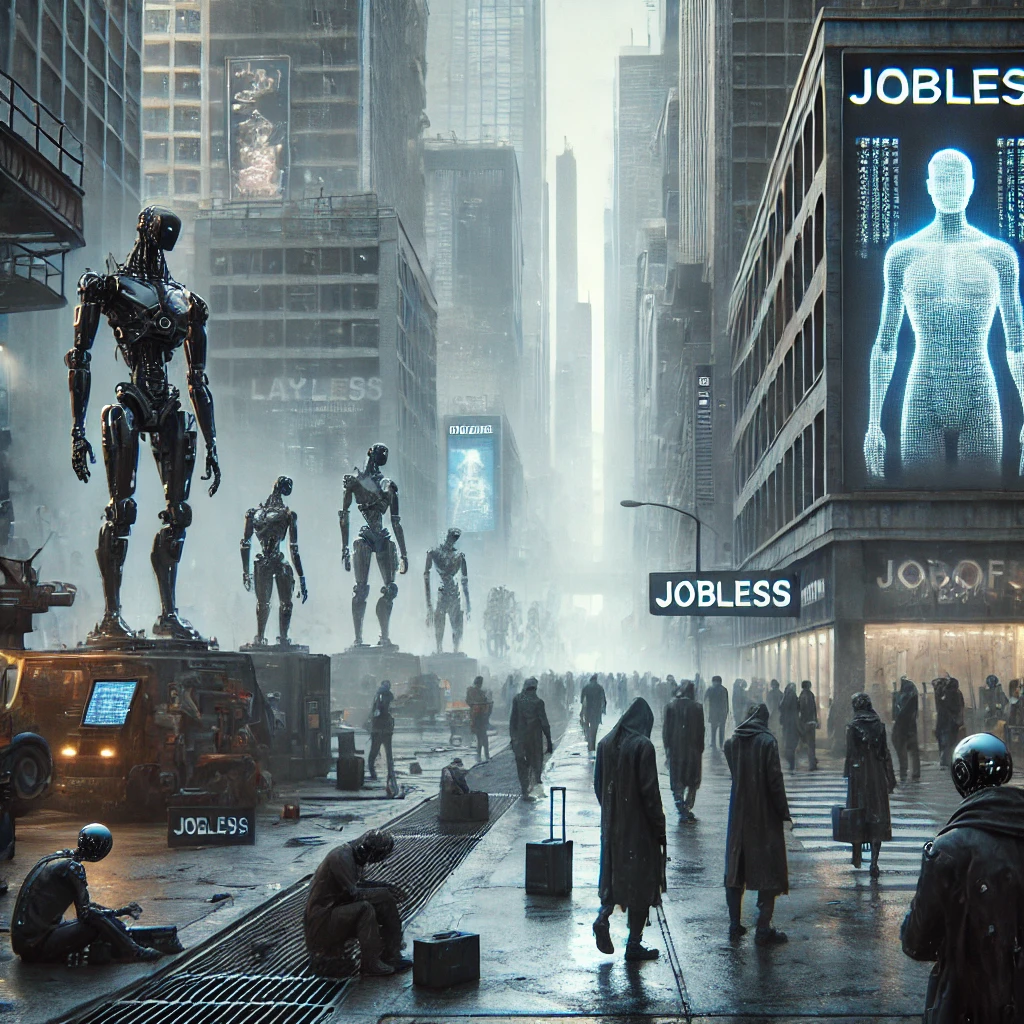Why Universal Basic Income is the Answer in a World of Growing Automation
 Haocheng Lin
Haocheng Lin

Introduction
As technology advances exponentially, the world changes faster than we could have imagined. Automation, powered by artificial intelligence and robotics, is revolutionizing industries, creating efficiencies, and unlocking productivity on an unprecedented scale. But while these innovations bring undeniable benefits, they also raise a pressing question: what happens to the people whose jobs are rendered obsolete by machines?
The answer lies in a solution that may have once seemed radical but is now becoming more relevant than ever: Universal Basic Income (UBI).
Why is UBI inevitable in the age of automation?
Universal Basic Income ensures that people aren’t left behind during the transition towards automation, as eventually, up to 60% of jobs will be affected by automation (The World Economic Forum 2024). This payment would cover the necessities, food, housing, and healthcare, ensuring that people could pursue their interests while having a decent standard of living. It could be a catalyst for fostering an environment of innovation, creativity, and well-being in a growing dystopian society with more AI dominance.

With a basic income, people could contribute to the economic flow by spending more on local businesses, allowing them to hire more people. This would bring more opportunities for participation in an increasingly globalised world. Several trialled UBI schemes have shown increased financial stability and reduced anxiety from the participants.
Subscribe to my newsletter
Read articles from Haocheng Lin directly inside your inbox. Subscribe to the newsletter, and don't miss out.
Written by

Haocheng Lin
Haocheng Lin
💻 AI Developer & Researcher @ Geologix 🏛️ UCL MEng Computer Science (2019 - 23). 🏛️ UCL MSc AI for Sustainable Development (2023 - 24) 🥇 Microsoft Golden Global Ambassador (2023 - 24)🏆